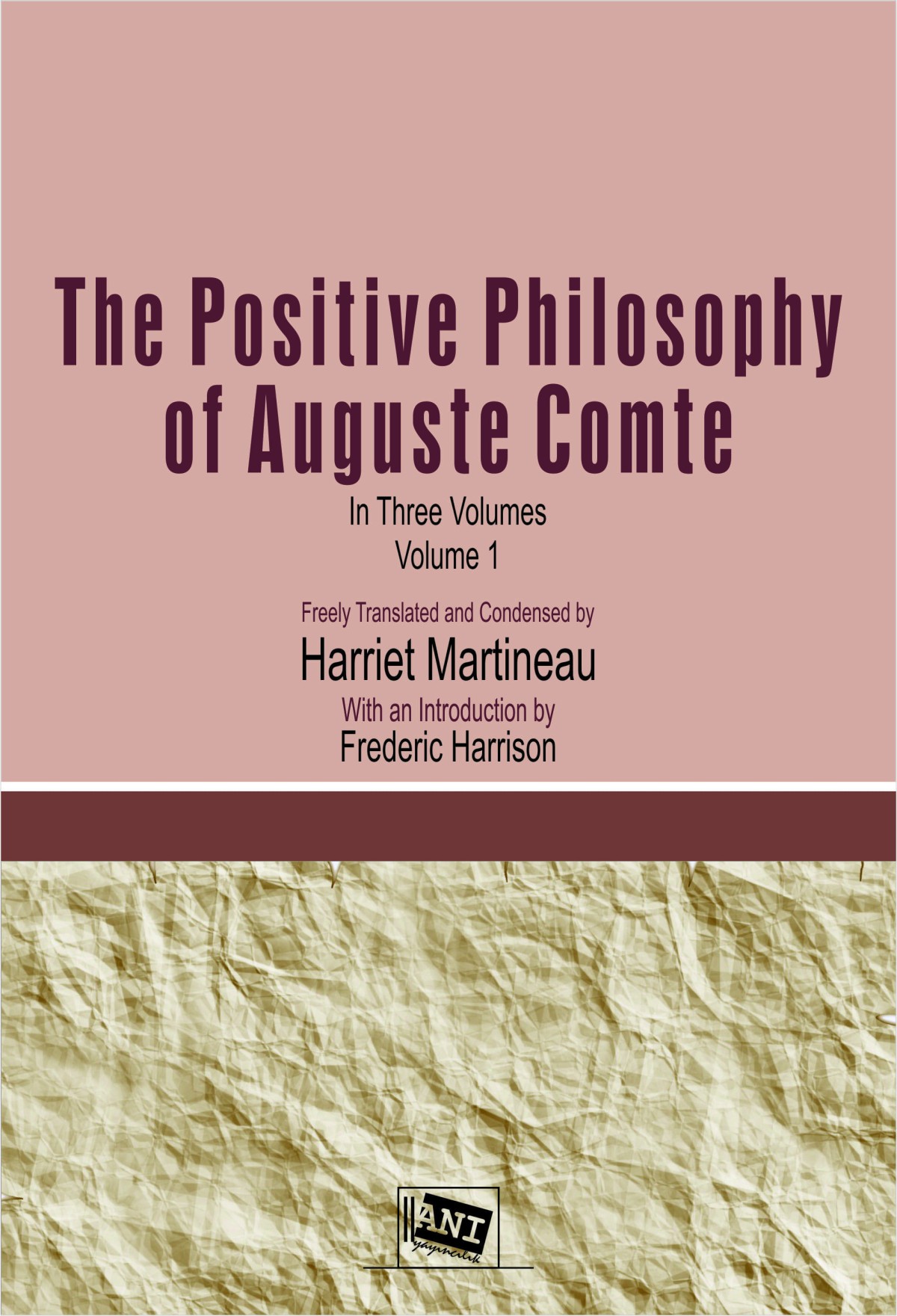The foregoing quotations from the two English authorities who have most severely criticized the “Positive Polity” of Auguste Comte, bear witness to the profound impulse given to modern thought by the publication of the “Positive Philosophy,” more than half a century ago. Miss Martineau’s condensation appeared eleven years later, during the life-time of Comte and before the completion of his later works. It was warmly welcomed by the philosopher himself, and adopted by him as the popular form of his own voluminous treatise. Since that time an immense amount of discussion has arisen about the philosophy itself, about the subsequent development of Comte’s own career and speculations, and on the incidents of his strenuous life. In placing before the public Miss Martineau’s version of the “Philosophic Positive” in a new form, it seems a fitting occasion to introduce it by some notice of Comte’s own life and labours, as well by some account of that which he called his “fundamental work,” and of the very remarkable version by which Harriet Martineau gave it a new literary form.







